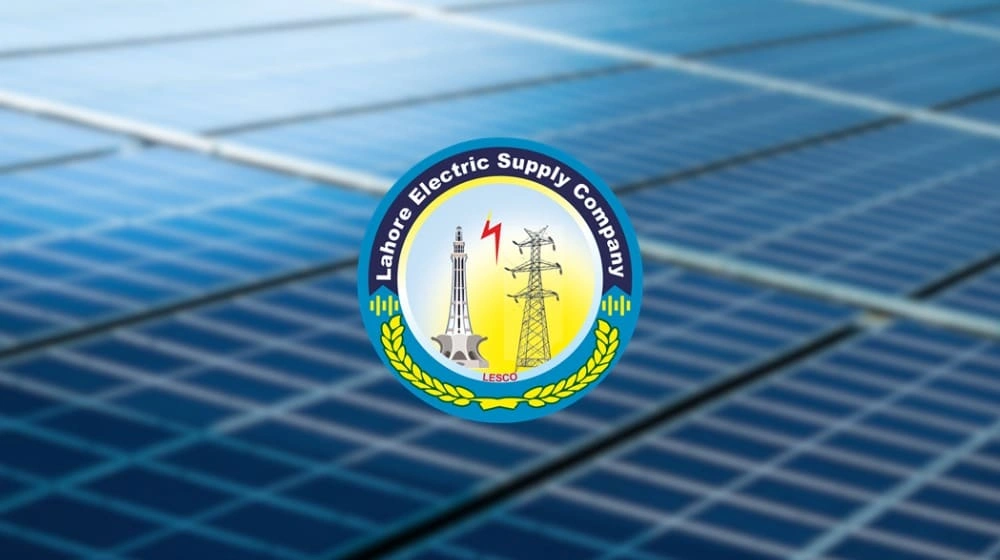Reports from Lahore indicate that the Lahore Electric Supply Company (LESCO) has started taking firm action against consumers that are producing electricity above their approved solar capacity. To be fair, this step follows a comprehensive internal review indicating several cases where individuals and businesses had quietly installed photovoltaic panels, generating far more power than their licenses allowed. LESCO has now initiated sending official notices to those violating the approved thresholds, as an indication of a stricter compliance regime.
The move comes at a time when rooftop and commercial solar installations are growing rapidly in Pakistan. Due to the rising electricity costs, many businesses and households have invested heavily in solar systems. But some have apparently taken liberties with the initial agreements, installing additional panels without approval. This increment in unauthorized production has forced LESCO to act decisively to prevent potential strain on the distribution network.
LESCO Cracks Down on Unauthorized Solar Power Generation
With regulatory authority through National Electric Power Regulatory Authority (NEPRA), the Lahore Electric Supply Company (LESCO) grants the license of having solar generation including clear cut capacity limits to maintain the stability of the grid and fair allocation of power. The consumers are consequently bound by a contract to only produce electricity, not exceeding the approved limit. Inspections carried out by a field officer revealed that there were huge spikes in Metered Data Indicators (MDI) over the set loads in the licenses, and that further detailed checks revealed unqualified installations too. The subsequent increase in unauthorized solar generation is not only a violation of the conditions of licensing, but it also puts the local distribution systems at risk and makes the process of regulation harder. Close residents in the major distribution areas of Lahore have reported that LESCO inspection teams were visiting distribution areas on spot verification tours, which highlighted that the enforcement effort was serious.
The broad popularity of solar energy has left a regulatory gray space in which the passion to pursue the use of renewable energy may sometimes conflict with the legal mandates. Even though the government is aggressively encouraging the use of renewable energy sources, it is also putting in place enforceable regulations to control the increased use of renewable energy sources. As a result, the enforcement notices issued by LESCO as well as the revocation of the licenses help to support the idea that the further development of renewable power should be kept in line with the regulatory framework, as outlined by NEPRA and the company itself. Security officials in Islamabad monitoring energy compliance noted that these actions are intended as a deterrent, signaling to other consumers that overproduction carries real consequences.
LESCO’s actions remind consumers that while solar energy is encouraged, it comes with responsibilities as well. Going beyond the approved generation limits is no longer a minor oversight but a regulatory violation with tangible consequences. For Pakistan’s solar industry to expand sustainably, adherence to licensing provision is very crucial. The company’s move may seem strict to some, but it represents an essential measure toward balancing renewable energy adoption with grid reliability and regulatory integrity. Reports from local areas suggest that the crackdown is ongoing, sending a clear message that compliance is mandatory if the sector thrives. With Pakistan looking to boost its renewable energy capacity, strict implementation of rules today could prevent bigger problems tomorrow.







